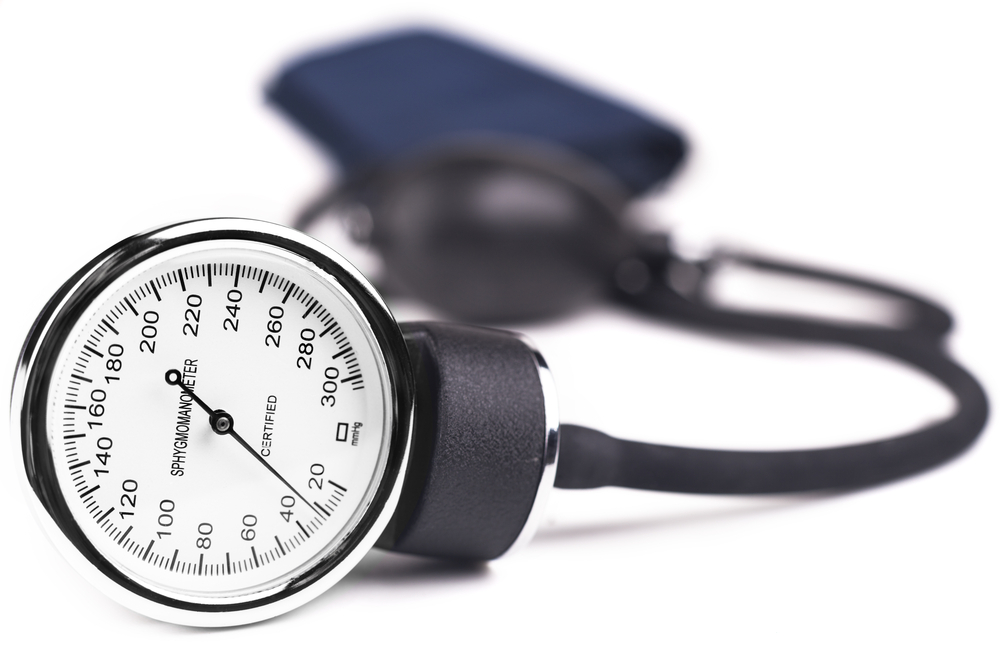February is National Heart Month so what better time to give one of your body’s most precious organs some extra TLC?
Jane Garton looks at easy ways to support your heart health and help keep your ticker working at its best.
Eat the Mediterranean way

Long recognised as helping to reduce the risk of heart and circulatory diseases, a Mediterranean diet that includes plenty of fruits and vegetables, pulses, fish, and wholegrains is the way to go, suggest studies.
Watch your waist

If your waist measures more than 32in (women) or 37in (men) your risk of heart attack increases. The reason? Excess fat around the middle affects how your body uses the hormone insulin. This can lead to insulin resistance, when your body makes insulin but use it properly, which in turn increases the risk of type 2 diabetes and heart problems.
Keep moving

We should all aim to be active every day, building up to a total of 150 minutes of moderate intensity aerobic activity such as brisk walking or cycling over a week. This is the equivalent of 30 minutes of moderate exercise 5 out of 7 days a week. Or 75 minutes of vigorous activity such as running or jogging every week is also a good amount of activity to aim for. Try also to reduce time spent sitting or lying down.
Check your blood pressure

Current guidelines suggest we should get our blood pressure checked at least once every five years. If yours is high or close to 140/90 mm Hg have it checked more regularly. Your GP or nurse will be able to advise.
Visit the hygienist regularly

Gum disease can increase the risk of developing coronary heart disease or valve disease and good oral hygiene can play a vital role in protecting your cardiovascular health. Keep appointments with your dental hygienist and floss and brush twice a day.
Keep an eye on stress levels

Stress is linked to unhealthy habits such as smoking, drinking and eating junk food, which in turn may lead to high blood pressure, high cholesterol and type 2 diabetes. If you are feeling stressed, try to schedule some down time into every day. Find ways to relax that work for you, whether that’s reading a book, listening to a podcast, practising yoga, or spending some time meditating.
Other lifestyle tips for managing your heart health

Swap it
Small tweaks to your diet can make a big difference to heart health. Swap full-fat dairy for reduced-fat products, swap butter for olive oil or rapeseed. Try swapping half the meat in recipes for vegetable protein like beans, lentils, or soya.
Ditch the salt
Excess salt can increase blood pressure. Stick to just 6g (a teaspoon) or less a day and watch out for the salt content in pre-packaged food.
Stop smoking
Smokers have nearly twice the risk of having a heart attack compared to those who never smoked so take steps towards cutting down or ideally quitting completely.
Watch that tipple
Excess alcohol or binge drinking can damage the heart muscle leading to abnormal rhythms or even heart failure. Manage your alcohol intake by alternating with non-alcoholic drinks.
Check it
If you are over 40 or have a history of heart disease in your family, ask your GP for a heart health check to assess your risk of cardiovascular disease.
To find out more about heart health visit the British Heart Foundation website.















Add comment